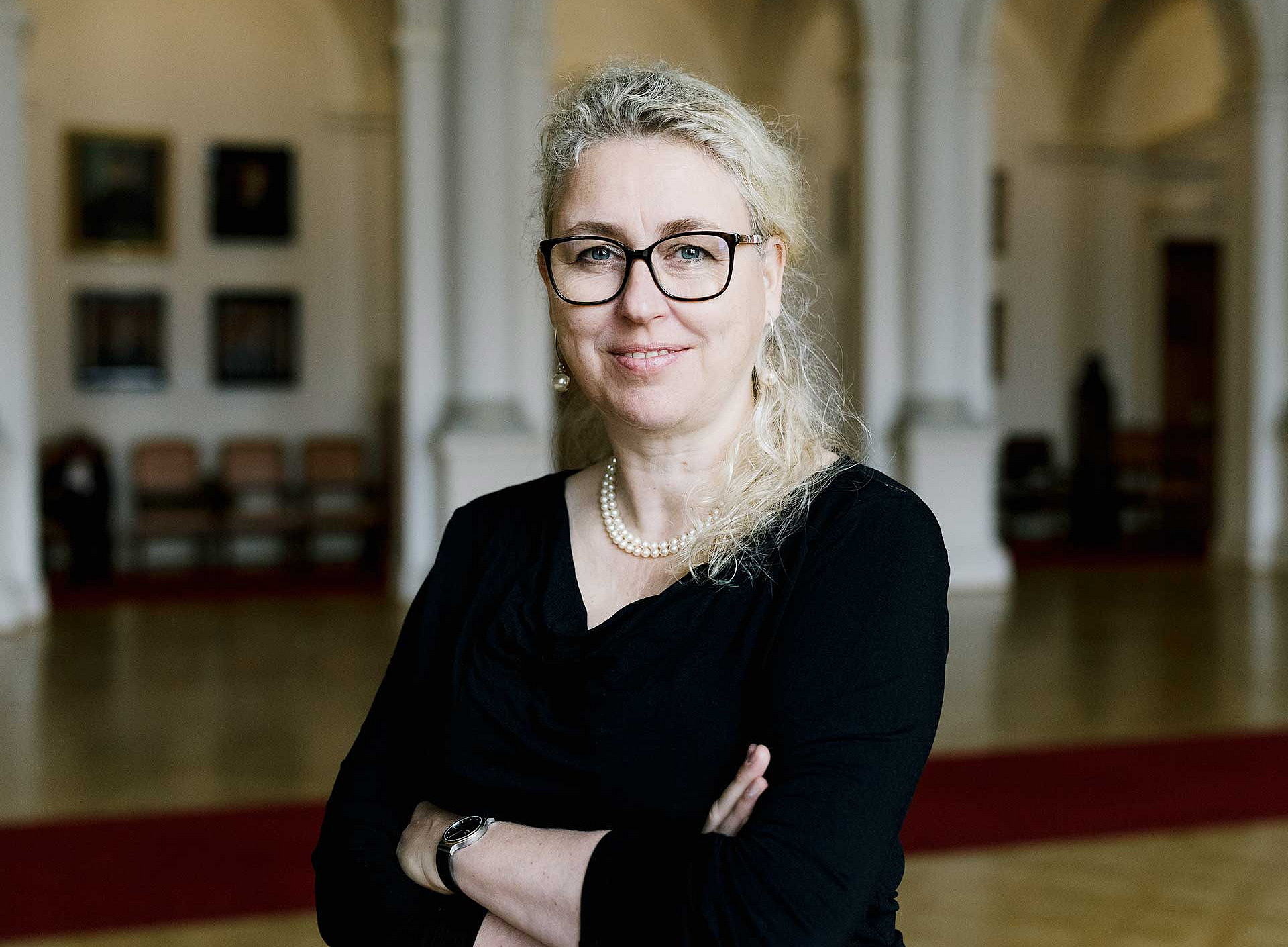The International Centre for Professional Development in Early Childhood Education (PEP) was founded in 2020, and the Berlin location was opened in 2021. Where do you see the added value of this cross-border institution?
Catherine Walter-Laager: In Germany, there is a decades-long tradition of university education in the early childhood sector, both in the former GDR and in the FRG. Thirty years ago, there were already professorships at several universities where research was conducted and young academics were trained. And Berlin, in particular, has played a special role at the interface between West and East since the fall of the Wall. In this country, it was only in the 2010s that people began to address the topic from an academic perspective. This means that we can now benefit from the know-how in Germany.
So has early childhood education really arrived in Austria?
Walter-Laager: I don't think we can turn back the clock, but rather that it is really the beginning of a new development. We now have around 200 master's students who form a network across Austria. Some of them already work in key positions or will grow into such positions as young colleagues.
Has the University of Graz taken the lead on this topic?
Walter-Laager: Absolutely. Martin Polaschek, in his roles as vice rector and rector, has already anchored the focus on early childhood education in the master's programme, thus enabling young academics in the first place.
What makes the Berlin location special?
Walter-Laager: In addition to the excellent scientists in Graz, we have very competent colleagues in Germany. They deal with how families and thus childcare and education are thought of in the context of family or social background. At the centre, we use these perspectives and form a very powerful group with a total of 50 employees. This makes us the largest university institution in the German-speaking world. The PEP currently supports almost 20,000 childcare facilities.
As Vice-Rector for Studies and Teaching, dealing with artificial intelligence is an important concern for you. Does this topic also play a role in elementary education?
Walter-Laager: Yes, because artificial intelligence is a game changer that will occupy us for a long time. We want to support people in all fields of work and think ahead on the topic, drive it forward and think about solutions to the problems that digital technologies bring with them. The PEP in particular offers many open educational resources that make knowledge multipliable.
Where do you see the biggest challenge in the field of elementary education in the near future?
Walter-Laager: The shortage of skilled workers is enormous and will increase in the coming years. This applies to both the care of children and the level of training, research and development. We are already doing a lot to counteract this. For example, with the university course Elementar plus (https://www.uniforlife.at/de/elementar-plus/). But we can't do it alone. All the players are important, including the educational institutions for elementary education, the teacher training colleges and the university studies.
The new government's programme does, after all, provide for an expansion of elementary education. Does that make you feel confident?
Walter-Laager: Much will depend on the specific implementation. Money is needed, but so is an awareness that this early phase of life is the formative one. With the Covid pandemic, we have also learned from a crisis that early childhood education can, so to speak, provide a critical infrastructure for families. It is crucial that parents can organise their family life individually and maintain their professional identity, to whatever extent. This is also highly relevant for the economy, so that important, experienced, but still young people remain in the field of work.




